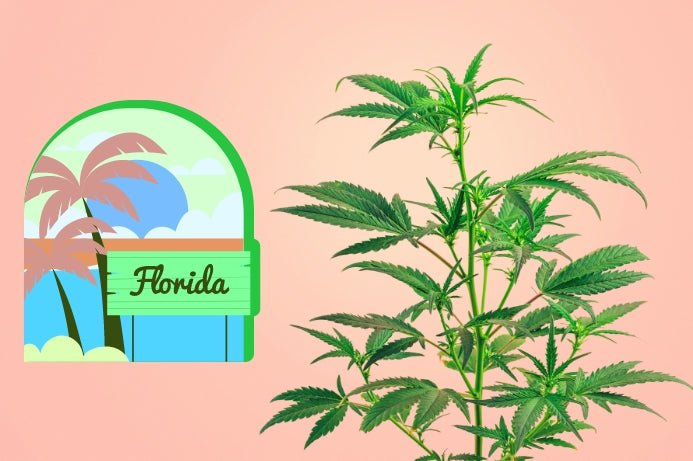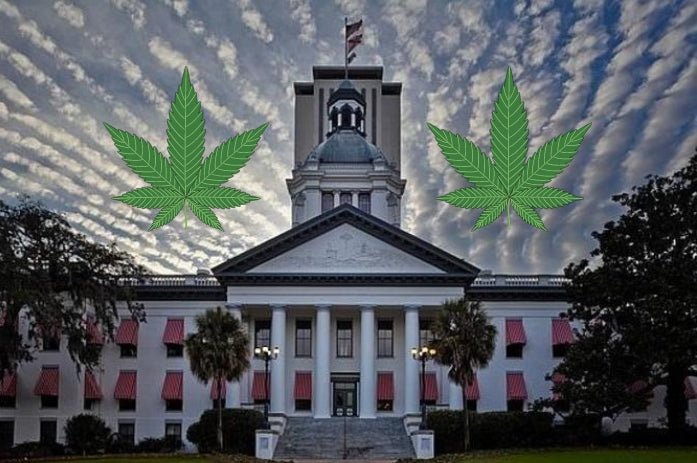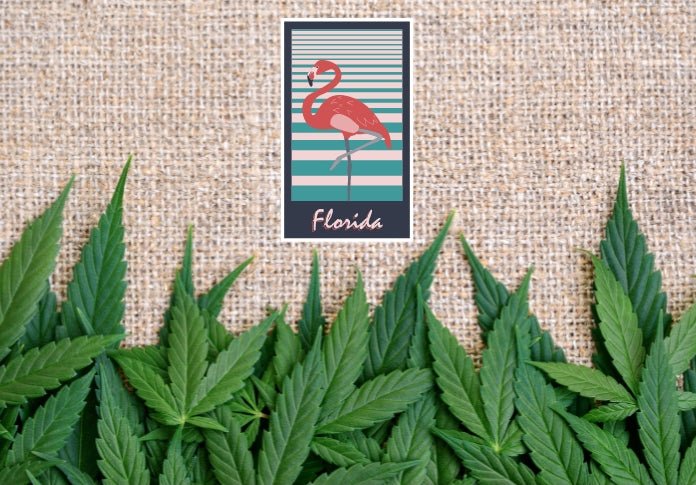On the same day a Florida House subcommittee approved its version of the controversial legislation, the full Senate approved a companion bill to ban hemp-derived intoxicants.

“When it rains, it pours” is a well-known adage in the American lexicon of analogous phraseology. Ostensibly, it means that when things go wrong in the business world or life, it usually comes in relentless waves. Such is the case for the hemp industry in America. This blog is generally dedicated to all things hemp and cannabis-related.
Most of the time, the articles and stories detailed cover a wide range of topics, from hemp as a building material or eco-friendly alternative to plastics to the struggle to legalize adult-use cannabis in a nation still very much programmed to see marijuana as a dangerous and illicit narcotic.
Lately, however, much of the focus for this forum has centered on the vicious and unfounded attacks on the hemp industry and the hundreds of thousands of hard-working and law-abiding Americans comprising its ranks. This week alone, lawmakers and health officials from the states of South Carolina and Florida continued their respective legislative onslaughts to dismantle, ban, and destroy their vital and popular hemp-based product sectors.
As first reported by Florida’s Voice, on the same day, a state House subcommittee approved its version of a bill to place an outright ban on any hemp-derived products containing delta-8 and delta-10 THC, as well as other IHDs, including hexahydrocannabinol (HHC), tetrahydrocannabinol acetate (THC-O), tetrahydrocannabiphorol (THC-P), and tetrahydrocannabivarin (THCv), the state Senate unanimously passed a companion version of the same measure.
Much like the House version of the legislation, SB 1698 defines hemp such that “hemp extract may not exceed 0.3% total delta-9-THC concentration on a wet-weight basis or exceed 2 milligrams per serving and 10 milligrams per container on a wet-weight basis.”
The measure, sponsored by GOP Sen. Colleen Burton, also bans the sale of all delta-8 products. In addition, the bill prohibits businesses from selling hemp extract products deemed “attractive” to underage minors as well.
If the legislation eventually passes in the House and is signed into law by Republican Governor Ron Desantis, that would bring the total number of states with complete bans on delta-8 THC products to 18, with an additional seven imposing severe restrictions on the much-maligned cannabinoid.
Like her co-sponsor in the House, Rep. Tommy Gregory (R), Sen. Burton clings to the tired and worn-out justification of public health concerns when explaining her reasons for introducing the polarizing legislation.
“When we passed the hemp program, it was not in anticipation of highly intoxicated, sometimes psychoactive substances being ingested by Floridians. The concerns we have had over the potential misuses of this product, I believe, has exceeded our expectations. So that’s why we have this bill today to continue the protections that we started last session,” Burton said from the Senate floor on Wednesday.
"When we passed the hemp program, it was not in anticipation of highly intoxicated, sometimes psychoactive substances being ingested by Floridians. The concerns we have had over the potential misuses of this product, I believe, has exceeded our expectations. So that’s why we have this bill today to continue the protections that we started last session."
- GOP Sen. Colleen Burton, Sponsor of SB 1698
What stings the most for hemp advocates and stakeholders is the abandonment of their still-young and burgeoning market sector by former champions on the other side of the political spectrum. With the bill receiving unanimous approval, it is clear that the effort to crush the hemp industry is, sadly, a bipartisan one.
Following the vote of approval, Jacksonville Democratic Sen. Tracie Davis said, “We do need to add regulations to a product, especially in the cannabis/sativa arena, to protect Floridians, and I think that’s what you’re doing here, and I am eager to support this bill.”
"We do need to add regulations to a product, especially in the cannabis/sativa arena, to protect Floridians, and I think that’s what you’re doing here, and I am eager to support this bill."
- Democratic Sen. Tracie Davis
Even though the Florida hemp market generated over $10 billion in Florida in 2022 and currently employs roughly 104,000 workers, who receive more than $3.6 billion in annual wages, according to a 2023 analysis from Whitney Economics, Republican lawmakers (and a large number of Democrats) appear to be unsympathetic to their plight and unconcerned about the economic catastrophe if the bill becomes law.
With the House expected to pass its version of the measure sometime next week, the forecast for the Florida hemp industry is a category-five hurricane of destruction and mayhem. It would be a genuinely tragic and unnecessary loss to the citizens of Florida, who obviously see tremendous value in the hemp-derived product sector.
However, as corporate cannabis interests anticipate the approval of a ballot initiative legalizing adult-use cannabis this coming November, it comes as no surprise to this author or regular readers of this blog that their bought and paid-for political mouthpieces are hell-bent on clearing a path for their cannabis masters to swoop in and monopolize all aspects of the hemp and cannabis intoxicant market.
Public safety only seems to matter in Florida if there’s money and political power to be gained from it.








































